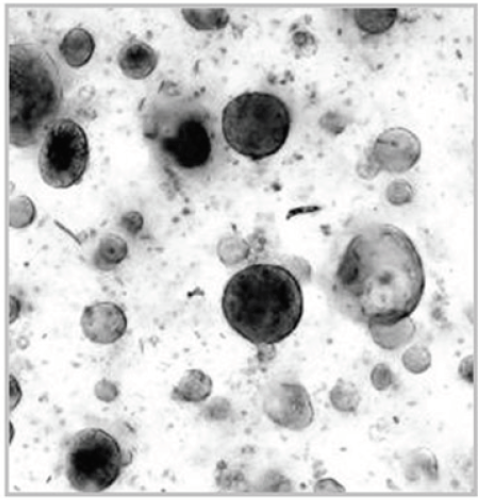Co-application of canavanine and irradiation uncouples anticancer potential of arginine deprivation from citrulline availability.
The moderate anticancer effect of arginine deprivation in clinical trials has been linked to an induced argininosuccinate synthetase (ASS1) expression in initially ASS1-negative tumors, and ASS1-positive cancers are anticipated as non-responders. Our previous studies indicated that arginine deprivation and low doses of the natural arginine analog canavanine can enhance radioresponse. However, the efficacy of the proposed combination in the presence of extracellular citrulline, the substrate for arginine synthesis by ASS1, remains to be elucidated, in particular for malignant cells with positive and/or inducible ASS1 as in colorectal cancer (CRC). Here, the physiological citrulline concentration of 0.05 mM was insufficient to overcome cell cycle arrest and radiosensitization triggered by arginine deficiency. Hyperphysiological citrulline (0.4 mM) did not entirely compensate for the absence of arginine and significantly decelerated cell cycling. Similar levels of canavanine-induced apoptosis were detected in the absence of arginine regardless of citrulline supplementation both in 2-D and advanced 3-D assays, while normal colon epithelial cells in organoid/colonosphere culture were unaffected. Notably, canavanine tremendously enhanced radiosensitivity of arginine-starved 3-D CRC spheroids even in the presence of hyperphysiological citrulline. We conclude that the novel combinatorial targeting strategy of metabolic-chemo-radiotherapy has great potential for the treatment of malignancies with inducible ASS1 expression.

- Oncotarget. 2016 Nov 8;7(45):73292-73308
- 2016
- Medical Biology
- 27689335
- PubMed
Enabled by:
